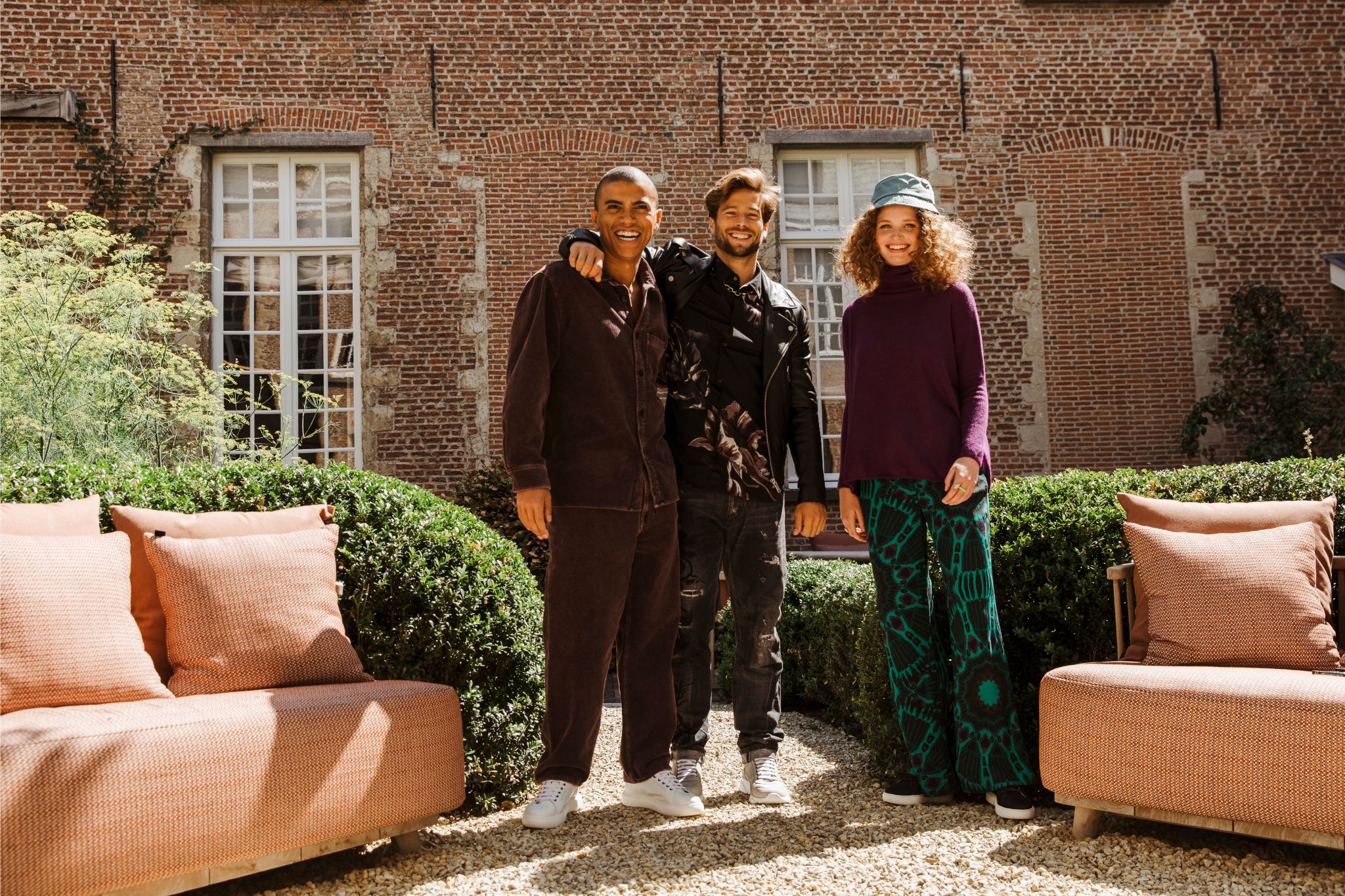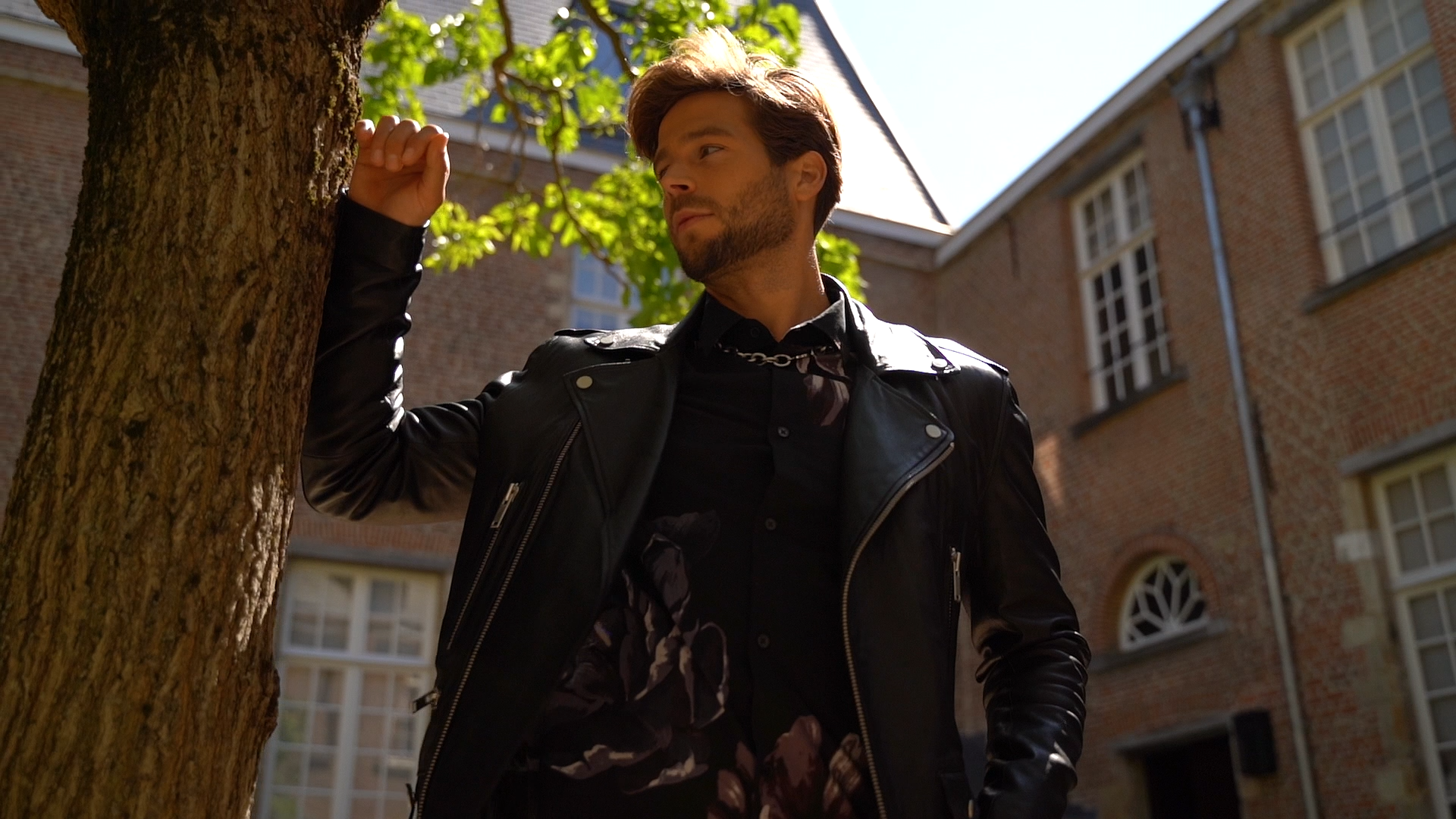We use cookies to make your experience better. To comply with the new e-Privacy directive, we need to ask for your consent to set the cookies. Learn more.
A new era of fashion
Forward thinking
DQS wants to contribute to a healthy earth with care for people, animals and the environment. We are a platform for customers, but also think about nature and its preservation. We are therefore committed, together with partners, to a sustainable shoe industry. Forward thinking is the basis. Forward thinking to achieve minimisation of energy, materials and emissions. HOI
Sustainability
Sustainability is a broad concept. It is not only about using sustainable materials and making sustainable choices, but also about a good and sustainable employment contract.
Sustainability – material
Quality shoes last longer. This not only saves you money, but also avoids having to buy shoes more often. And that in turn reduces energy, materials and emissions. In addition, by offering well-designed quality shoes that fit the foot correctly and by providing additional fit information, we help you choose the right shoes. This way, we try to reduce the number of returns.
Leather Working Group
Leather Working Group (LWG) is a global community committed to a sustainable future with responsible leather. LWG is a non-profit organisation that promotes best practices and positive social and environmental change for responsible leather production. It assesses the environmental performance and compliance of leather production facilities (also known as tanneries). This standard is used to rate leather manufacturers on the following aspects:
- Water and energy consumption
- Solid waste and wastewater management
- Air and noise emissions
- Traceability
- Health & Safety
- Chemical management
- Restricted substances, compliance and chromium VI (CrVI) management
More about the Leather Working Group can be found here. Partners are expected to be affiliated or in the process of joining the LWG.
Sustainability – shipping and delivery
We are aware that shipping and delivering shoes has an impact on the environment. DQS therefore collaborates with DHL Parcel. Did you know that from 1 January 2021 DHL will send all packages to consumers in the Netherlands climate-neutral? Since 2022 this will even be all shipments. DHL does this by investing in sustainable projects through which they compensate the CO2 they still emit. You can read more about it here.
Sustainability – working conditions
We believe that the interests and conditions of employees working with our partners should be good or rather excellent. DQS therefore works with partners affiliated to International Labour Organisation (ILO). This organisation stands for:
- Freedom of association and effective recognition of the right to collective bargaining.
- Elimination of all forms of forced or compulsory labour.
- Effective abolition of child labour.
- Abolition of discrimination in employment and occupation.
Amfori-BSCI
To extend this quality of work for workers, partners are also expected to join the Amfori-BSCI (Business Social Compliance Initative). The initiative includes 11 points in the code of conduct for the garment industry. It also incorporates the four International Labour Organisation principles.
The Amfori BSCI code of conduct is based on 11 principles:
1. Freedom of association and collective bargaining
2. No discrimination, violence or harassment
3. Fair remuneration
4. Decent working hours
5. Health and safety at work
6. No child labour
7. Special protection for young workers
8. No precarious employment
9. No bonded labour, forced labour or human trafficking
10. Protection of the environment
11. Ethical business conduct
Amfori BSCI does this by providing tools and support to member companies to ensure good working conditions essential for a sustainable, reliable and cost-efficient supply chain. More about Amfori BSCI can be found here.
Future
In the future, DQS plans to continue working with partners in the increasing use of sustainable and plant-based materials. We continue to look at new production and material options. We are also continuously working on better shipping methods and ways to minimise material in this process. We hope to share more sustainable steps soon.




Passing on through generations
DQS works largely with manufacturers who pass on their business and the craft of shoemaking from generation to generation. Through the transfer of knowledge, they have, and keep, an understanding of the material in e.g. use and quantity required. And that, in turn, is important for minimising waste.
Data
Using data to work more sustainably. You can see this in many aspects at DQS. For example, we use data to help our partners with purchasing. By monitoring the turnover rate of all models, we know how many shoes we sell and what kind of shoes are in demand. We share this with our partners.
And this has benefits: shoes that are relevant to our customers are produced and waste of material can be reduced. Non-selling models do not have to be produced.
In addition, we use data to assess shoe size - do shoes fall bigger or just a bit smaller? By taking action on this, we can reduce returns. Fewer shoes going up and down is more sustainable. We aim to use the data we collect more and more for these purposes. To do just a little bit better every year.




Repair
Besides making sure we use materials that are as environmentally friendly as possible, we are committed to repair.
The goal is to get the best possible use out of shoes for as long as possible.
Our intention is to start a service that extends the product life cycle of a shoe.
Think parts replacement, repairs and taking old shoes from consumers for recycling.
We also plan to include tutorials showing how to best maintain shoes. We are working hard behind the scenes to set this up.
 Free shipping in the BeNeLux
Free shipping in the BeNeLux
